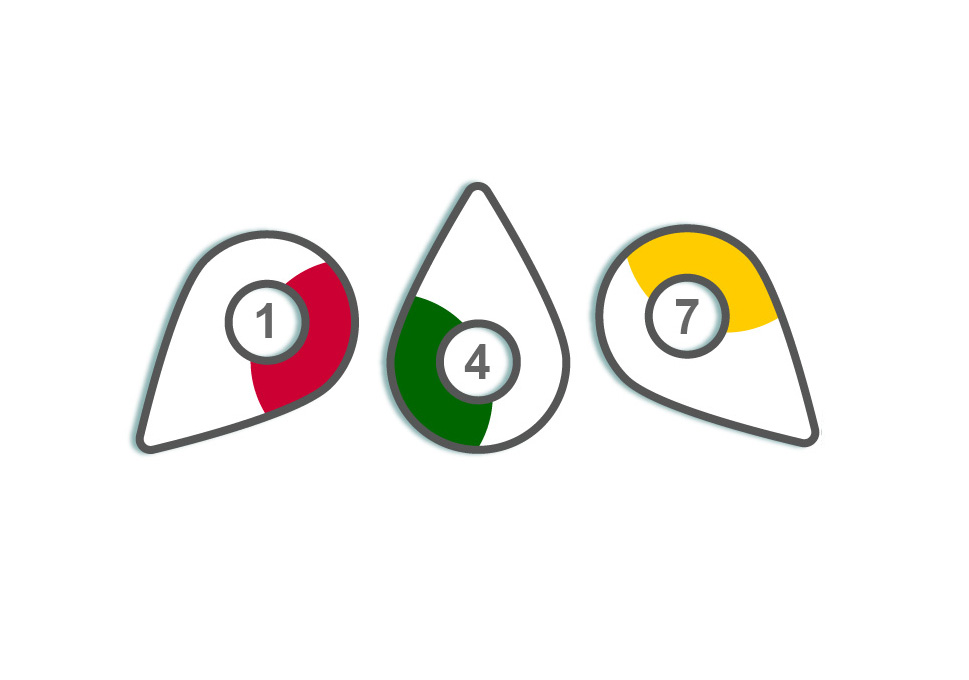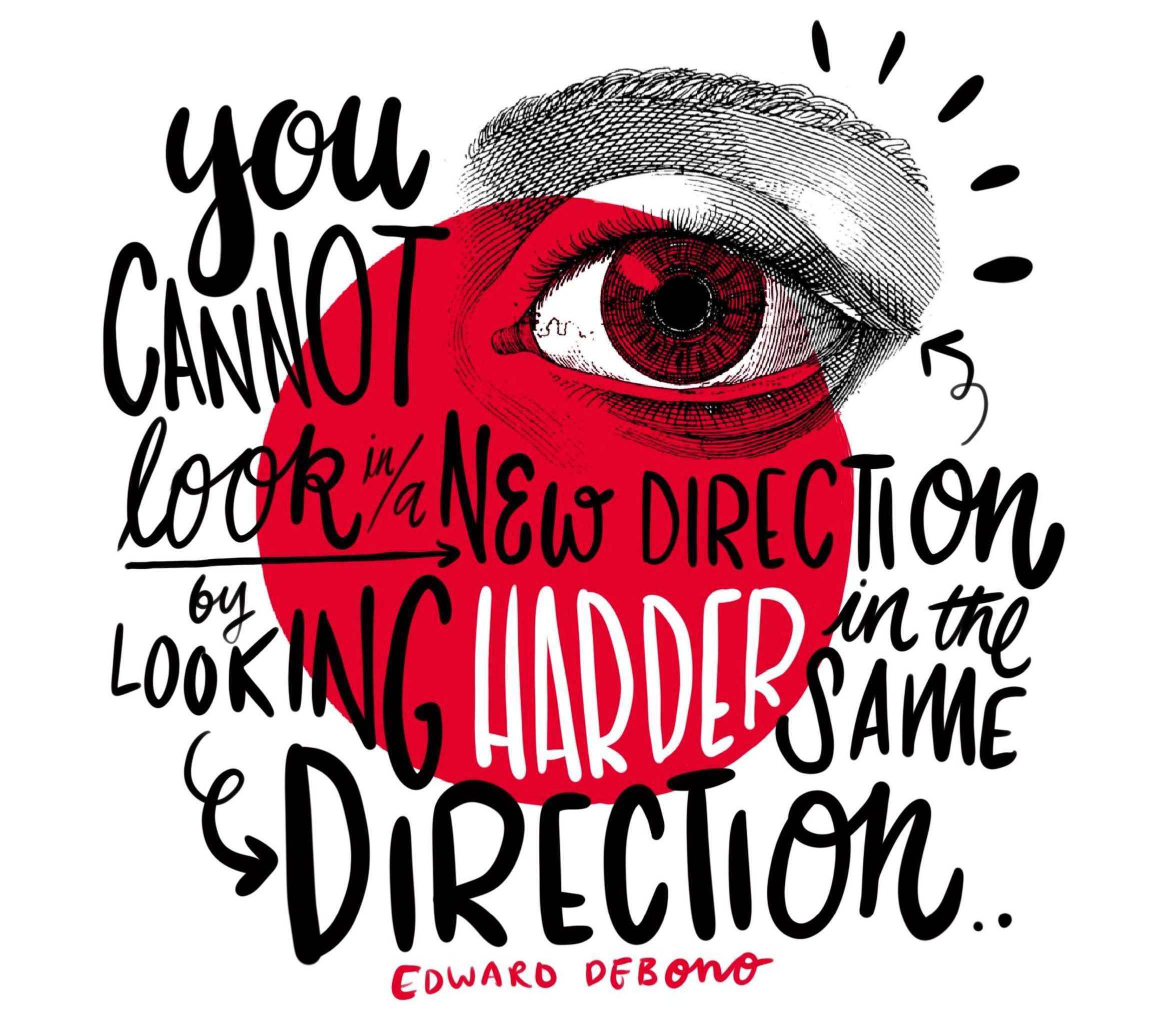The Innovation Challenge
Hopefully, you have reflected on how you usually solve problems. OK, so in this section, we will present to you a significant and complex problem that needs your innovator mindset. We rely on you! So here it is – your Good Place Innovation Challenge!

The question that will lead your innovation is this:
Question: How might we create an inclusive Campus environment for students of diverse backgrounds and abilities to enjoy outdoor activities together in a safe and fun way?
This is your innovation challenge! Our Campus is practically being innovated all the time and we are keen to become an even more inclusive community. In Lancaster we have very strong values that are really important to us and you can read about them here Strategic Plan | Lancaster University. As innovators, your innovations will always need to map to the values of the place, people and organisations you are innovating for and with. Keep this in mind for your solutions later on!
You may wonder why we structured the question in such a strange way? How might we….? This approach helps us to be more open-minded:
HOW – is solution-oriented. MIGHT – encourages optimism and makes us feel positive. WE – it is us, not me, you, we are a collaborative and inclusive nature of innovation.
Do you have a solution yet? Come on! Hold on, stop….. we need to understand our context first and learn a bit about different types of thinking that we will need to apply.

Ok, so maybe this is something new to you – switching between open-minded and curious thinking and synthetising all you learn and observe to conclude important insights. This takes some practice. Before we move on to give you a bit more context about our beautiful Campus, let’s practice curious observation. Are you ready?
Activity: DETECTIVE – get comfy and let’s start with a little observation exercise. Below you will see a reel of photographs taken on Lancaster University Campus. Flick through the photos and consider the following questions:
- What is one thing you observe – don’t try to make sense of it, just observe and describe what you see.
- Why might this be happening? – add your interpretation, empathise with these students you see and focus on possible challenges and frustrations of these students you see on the photos.
- This inspires me to think about solutions that… – can you think of any products or services that the students would really appreciate on the Campus? Pop in your answer on Innovation board below – Question 7.
Well done Sherlock Holmes! Good effort observing, looking, and being attentive! Such an important skill for every good innovator.

Are you ready to get back to your Innovation Challenge? Here is a bit more context for you to understand first:
Activity: The Lancaster University campus occupies a beautiful 560-acre parkland site at Bailrigg, just three miles from Lancaster city centre. Our Bailrigg campus is open to all, and members of the local community are welcome to use and enjoy many of our facilities and events.
Check out more details about the Campus here [ Our Campus | Lancaster University ]. Gather your insights from the website and move on to see what Campus looks like in the reel of photos below. Observe and learn and remind yourself of your challenge!
Fantastic progress! Well done on practicing your observation skills. These are key for innovators and you have mastered them!

You are on the way to becoming real innovators and you have worked so hard so far! We think you deserve a bit of a rest. How about a movie night? Get comfy, grab a popcorn and your favourite drink and let’s watch Men in Black!
[ Observation demonstrated by Jay in Men in Black – Warning for flashing lights ].

Key Learning
Observation is a research technique, rooted in ethnography, the study of cultures, societies and communities. However, we do it in our everyday lives, and at work as well. Jay probably got some training both in the police academy, and on the streets – he combines observation with street smarts – a powerful combination.
Many things can be observed – customers, activities, processes, or even an ecosystem. It is a tricky process, especially when you do not know what you are looking for. This is the case for ethnographers, and also for Jay in our clip. He was not given any directions, just thrown into a situation.
Skills gained throughout this section:
Skill flower: [1]. Spotting opportunities [4]. Ethical and sustainable thinking [7]. Coping with ambiguity.

